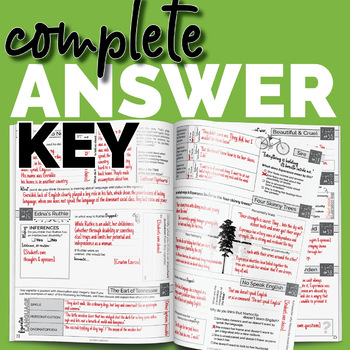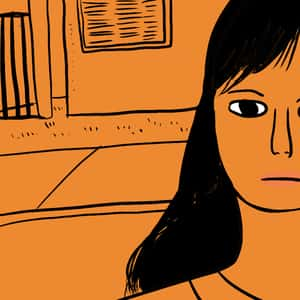

(A figure critiquing a study of dialectical thinking and a figure presenting REAP annotation types are included 31 references are attached.The House on Mango Street by Sandra Cisneros is a coming-of-age story. Dialectical thinking also has implications for teacher education and how research might best be conducted. In addition, the annotations gathered from the REAP system can be made available to a wider audience, stimulating a dialectic of creativity as the volume of responders increases. Two curricular models that could further advance dialectical thinking are the REAP/AnX system (based on a reading-writing-study strategy called Read, Encode, Annotate, Ponder) and a citizen leadership institute in which students wrote four-paragraph essays demonstrating the use of dialectical thinking for particular issues. Implicit teaching methods include the "ReQuest" procedure, which engages students in loosely structured instructional conversation that contains the salient elements of reciprocily the "Question Only" procedure, in which students are instructed to question the teacher repeatedly in order to learn all they need to know about an object and the "Refutation Text," a means of reorganizing printed material to enhance comprehension. In an explicit teaching model, students are taught, through direct example (and non-example), that seemingly opposing views of reality can be reconciled into a meaning more reasonable than either of the seemingly contradictory positions. One inhibition to its use is that it can easily be abused-most modern uses of the dialectical paradigm known as the "Socratic Method" essentially are abuses of dialectical thinking.

Dialectical thinking is a form of analytical reasoning that pursues knowledge and truth as long as there are questions and conflicts.


Dialectical thinking refers to the ability to view issues from multiple perspectives and to arrive at the most economical and reasonable reconciliation of seemingly contradictory information and postures. Dialectical thinking has values for education that have been largely overlooked by researchers and educators.


 0 kommentar(er)
0 kommentar(er)
